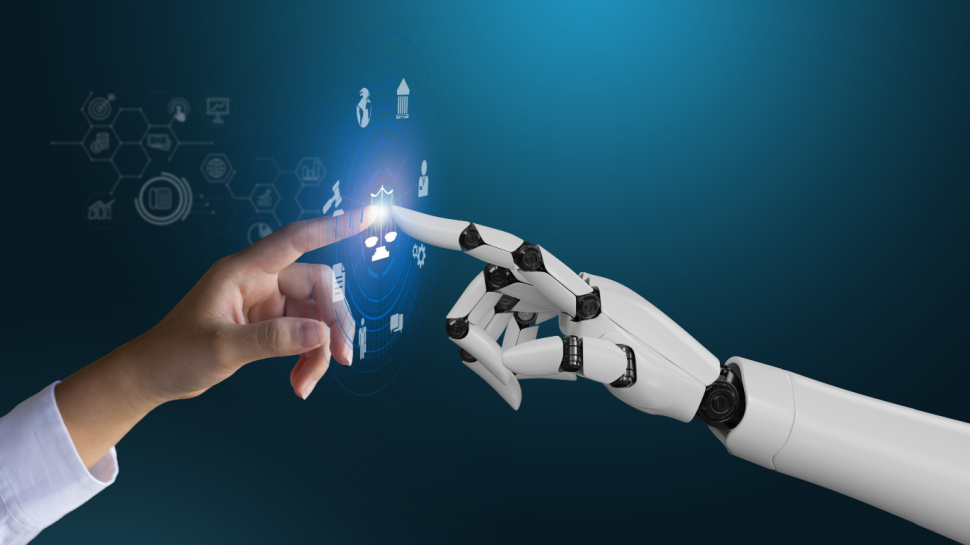AI can’t patent inventions, only humans, US Patent Office says
A human must "significantly contribute" to the AI invention in order to be considered an inventor

Sign up for breaking news, reviews, opinion, top tech deals, and more.
You are now subscribed
Your newsletter sign-up was successful
The US Patent Office (USPTO) has said that AI cannot be listed as the owner of a patent, even if the AI did all the hard work.
The owner of the patent must always be human, although that human must have “significantly contributed” to the invention itself, the USPTO said in a new document entered to the federal register.
Therefore, if you own an AI that independently spits out a patentable design, you cannot claim ownership simply because you invented the AI.
What exactly is human?
The document, titled “Inventorship Guidance for AI-assisted Inventions”, provides clarification that while AI-assisted innovation is becoming more common, the patenting process should primarily be attributed to humans as it is humans who are incentivised and rewarded for submitting a patent.
Included in the document is an important disclaimer pointing out that this guidance “does not have the force and effect of law.” The document instead provides an interpretation of how AI-assisted patents could be submitted in the future with regard to recent decisions made by the Supreme Court and Federal Circuit.
At least one human must be named as the inventor of the patent, and that human can only claim credit for an AI-assisted invention if the human “takes the output of an AI system and makes a significant contribution to the output to create an invention.”
Therefore, simply giving an AI a goal or asking an AI to solve a problem does not count as “significant contribution,” nor does recognizing the potential usefulness of an AI-produced output “particularly when the properties and utility of the output are apparent to those of ordinary skill.”
Sign up to the TechRadar Pro newsletter to get all the top news, opinion, features and guidance your business needs to succeed!
The document draws on the AI executive order set forth by the Biden Administration in October 2023 that recognizes how responsible AI will boost innovation, competition and collaboration for businesses of all sizes.
This guidance is therefore not an attempt to limit the use of AI, but instead seeks to provide an interpretation of how responsible AI-assisted innovation should be regulated and rewarded.
Via TechCrunch
More from TechRadar Pro

Benedict has been with TechRadar Pro for over two years, and has specialized in writing about cybersecurity, threat intelligence, and B2B security solutions. His coverage explores the critical areas of national security, including state-sponsored threat actors, APT groups, critical infrastructure, and social engineering.
Benedict holds an MA (Distinction) in Security, Intelligence, and Diplomacy from the Centre for Security and Intelligence Studies at the University of Buckingham, providing him with a strong academic foundation for his reporting on geopolitics, threat intelligence, and cyber-warfare.
Prior to his postgraduate studies, Benedict earned a BA in Politics with Journalism, providing him with the skills to translate complex political and security issues into comprehensible copy.